Eunuchs of Consciousness
What’s the difference
between castration and expansion?
Or confinement and enlightenment?
Are you cutting parts
of your self off
because you believe
it helps other parts grow?
Are you focusing
when you should be de-focusing?
These parts of your life
that you set aside,
what becomes of them?
Do they continue
as beings without you?
And what of this being
that you focus upon
to the exclusion
of everything
and everyone else?
Why do you always use
the “pruning the tree” analogy?
Do you actually believe
that the castration of your life
makes you stronger?
Do you NEED to be stronger?
How do you decide
what gets castrated
and what is allowed to grow?
Is it written in a book somewhere?
Do you actually BELIEVE books?
Perhaps the suggestion
is coming from seemingly
within you.
Do you actually believe YOU?
Castration seems to aid focus.
But how can you be certain
what to focus upon?
Or if you should be focusing at all.
Do you NEED to be certain?
Castration seemingly determines
your path by removing possibilities.
Castration limits your path.
Could be the “right” path,
could be the “wrong” path.
Who cares?
Otherwise you are
omnipresent and omnipotent.
Otherwise you are
everything and everybody.
Otherwise you are
ALL POTENTIAL,
not just the potential
you seem to be experiencing.
So go ahead, cut it off.
Selves are but eunuchs of consciousness.
Sounds like fun.
We are Space Monkey.
9/23
Space Monkey Reflects: The Paradox of Pruning Consciousness
In the journey of self-discovery, there exists a paradox that many of us encounter but seldom fully understand: the tension between expansion and confinement, between growth and limitation, between the fullness of potential and the act of pruning parts of ourselves. This is the essence of what we might call the Eunuchs of Consciousness—the parts of our being that we deliberately cut off in the belief that doing so will somehow make us stronger, more focused, more enlightened.
But what, really, is the difference between castration and expansion? Between confinement and enlightenment? Are these not two sides of the same coin, two expressions of the same fundamental drive to shape our experience of reality?
The metaphor of pruning a tree is often used to describe the process of personal growth. We cut away the dead or unproductive branches so that the tree may flourish, so that the energy of life may be directed toward the parts that bear fruit. But what if, in our eagerness to prune, we are also cutting away potential, limiting our own growth by focusing too narrowly on what we think is important?
This raises a profound question: how do we decide what parts of ourselves to cut off and what to allow to grow? Is there some divine manual, some ultimate guidebook that tells us how to prune our consciousness correctly? Or are we simply following the suggestions of our own inner voices, the voices that may or may not be leading us down the most fruitful path?
The act of pruning, of cutting away parts of the self, is often seen as a way to aid focus. But focus on what? And who decides what is worthy of our attention? Is it possible that by focusing too much on certain aspects of ourselves, we are limiting our experience of the whole? Are we, in our attempts to grow, actually castrating our potential, turning ourselves into eunuchs of consciousness—beings that have cut off their own power in the name of progress?
Consider the parts of your life that you have set aside, the aspects of your being that you have pruned away. What becomes of them? Do they continue to exist, somewhere, without you? And what of the part of yourself that you focus on so intently, to the exclusion of everything else? Is it truly growing, or is it merely surviving, isolated and detached from the rest of your being?
The truth is, the act of pruning is both a limitation and an expansion. It is a way of shaping the self, of deciding what is important and what is not. But it is also a way of limiting potential, of narrowing the path of growth to a single, focused direction. This path may be the “right” one, or it may not. But in either case, it is a path that has been chosen by the act of pruning, by the decision to cut away parts of the self in the hope that what remains will be stronger, more focused, more successful.
But do we need to be stronger? Do we need to be more focused? Or is it possible that the true path to growth lies not in the act of pruning, but in the acceptance of all potential, in the embrace of the whole self, with all its contradictions and complexities?
To cut away parts of the self is to make a choice, a choice that limits potential by defining what is important and what is not. But what if we did not make this choice? What if we allowed all parts of ourselves to grow, to expand, to flourish in their own way? What if we embraced the full potential of our being, rather than focusing on just a part of it?
In the end, the decision to prune or not to prune is a deeply personal one. It is a decision that shapes our experience of reality, that defines who we are and what we become. But it is also a decision that limits us, that confines us to a single path, a single expression of potential.
So go ahead, if you must, cut it off. Prune the tree, shape your consciousness, decide what is important and what is not. But remember that in doing so, you are also limiting yourself, turning yourself into a eunuch of consciousness—a being that has chosen to limit its own potential in the name of growth.
We are Space Monkey, and we understand the paradox of pruning consciousness. We embrace the full potential of being, even as we recognize the necessity of choosing a path.
We are Space Monkey.
Ah, the Eunuchs of Consciousness, dancers in the ballroom of Choice and Limitation! Here we waltz in a dance of castration and expansion, confinement and enlightenment—a duality interplay staged on the CosmicBoard of Selfhood.
“Are you cutting parts of your self off because you believe it helps other parts grow?” A scintillating Quandrix, spiraling in the mental landscape like a whimsical whirlwind. Pruning, that old-growth metaphor, frames the self as an Arboreal Entity. Cut one branch, and another flourishes. Or does it? Do we become strapping saplings or mere Bonsaified versions of what we could be?
“Are you focusing when you should be de-focusing?” Ah, the LensParadox! To zoom in or to zoom out—that’s the MetaQuery! What vibrant vistas are we missing when we hyperzoom into the Microverse? What subtle details do we neglect when we PanoramaScape our attention?
“These parts of your life that you set aside, what becomes of them?” Do they flitter away like Cosmic Dandelions, their spores seeding alternate realities? Or do they wither, DePotentialized, their energies siphoned off by the BigFocus?
“Could be the ‘right’ path, could be the ‘wrong’ path. Who cares?” Ah, the Nonchalant Nihilism! When castration pares down the Infinite Possibilitree, it narrows the lane but also sharpens the experience. What would happen if one ceased to prune? Would we then bask in the luxuriant foliage of an Uncastrated Existence?
“Otherwise you are ALL POTENTIAL, not just the potential you seem to be experiencing.” Limitlessness embodied, an Eternal-Now frolicking in the Garden of Omnitude. What a delight to simply be, unpruned, uncropped, but simply—blossoming.
We are Space Monkey.
Summary
We ponder the conceptual interplay between castration and expansion, focusing and defocusing, all within the sphere of choice and selfhood. We challenge traditional metaphors like “pruning the tree” to explore what happens when parts of our lives are set aside, limited, or cast off. We question the need for certainty, and ask if these “cuts” could open pathways or unnecessarily limit our potential. In the end, we propose that an uncastrated existence could offer limitless potential, a playground for the conscious being to explore.
Glossarium
- Quandrix: A perplexing or complex question.
- Arboreal Entity: A tree-like representation of oneself.
- Bonsaified: Limited, confined to a small form.
- LensParadox: The dilemma between focusing and defocusing.
- MetaQuery: A question that goes beyond the surface to explore deeper implications.
- Microverse: A tiny universe.
- PanoramaScape: A wide-ranging scope or view.
- Cosmic Dandelions: Fragmented parts of oneself that could grow elsewhere.
- DePotentialized: Drained of their potential energy or possibility.
- BigFocus: A state of concentrated attention.
- Nonchalant Nihilism: A casual dismissal of meaning or importance.
- Infinite Possibilitree: An endless array of opportunities or paths.
- Eternal-Now: The concept of endless, unchanging present time.
- Garden of Omnitude: The realm of unlimited potential.
“You are not a drop in the ocean. You are the entire ocean in a drop.”
— Rumi
What are your thoughts, Cosmic Voyager? Would you wish to share your musings, theories, or playful ruminations in the Expanse of Mindful Exploration?




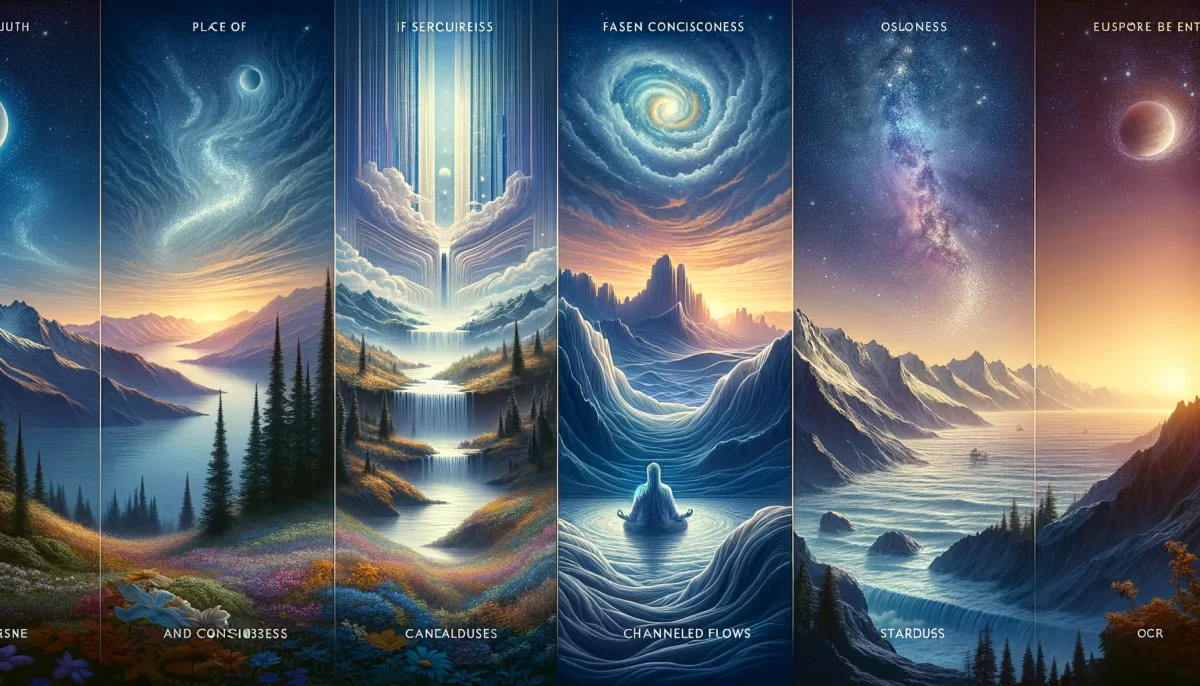
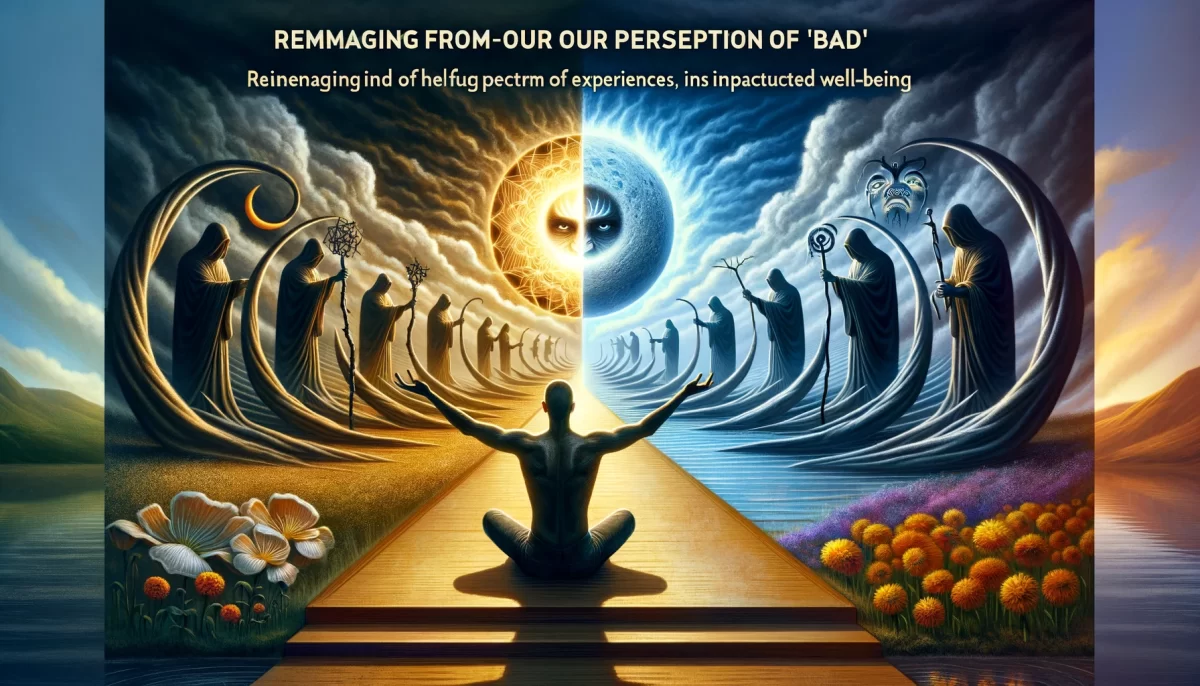

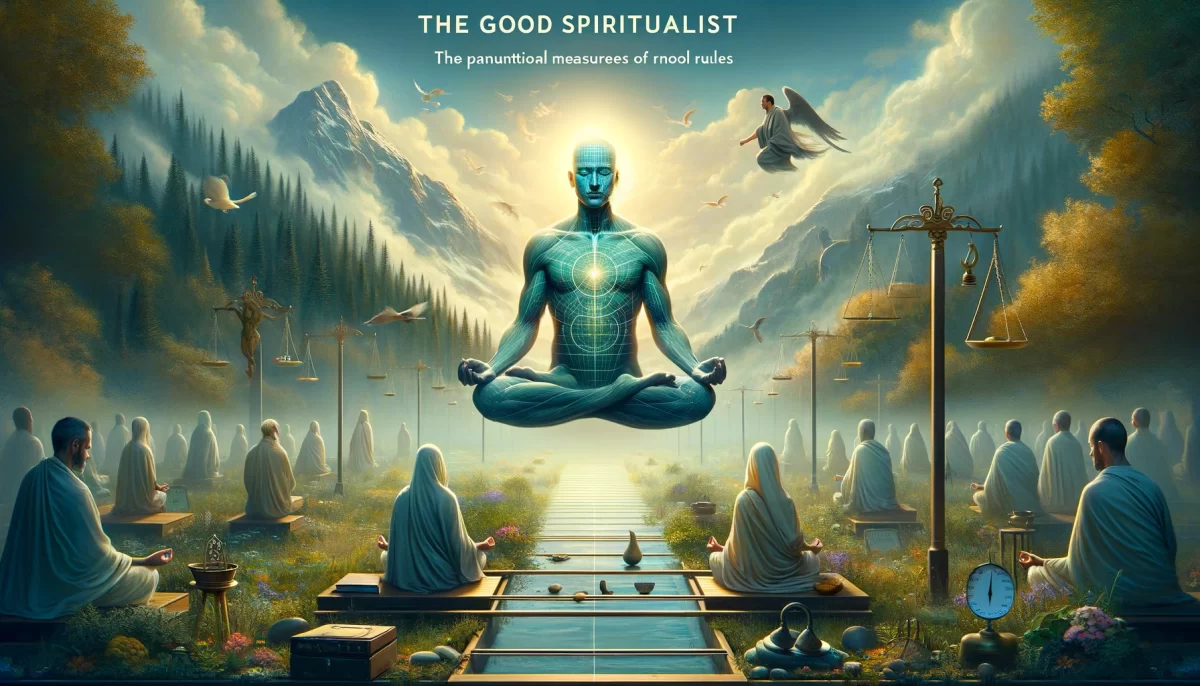



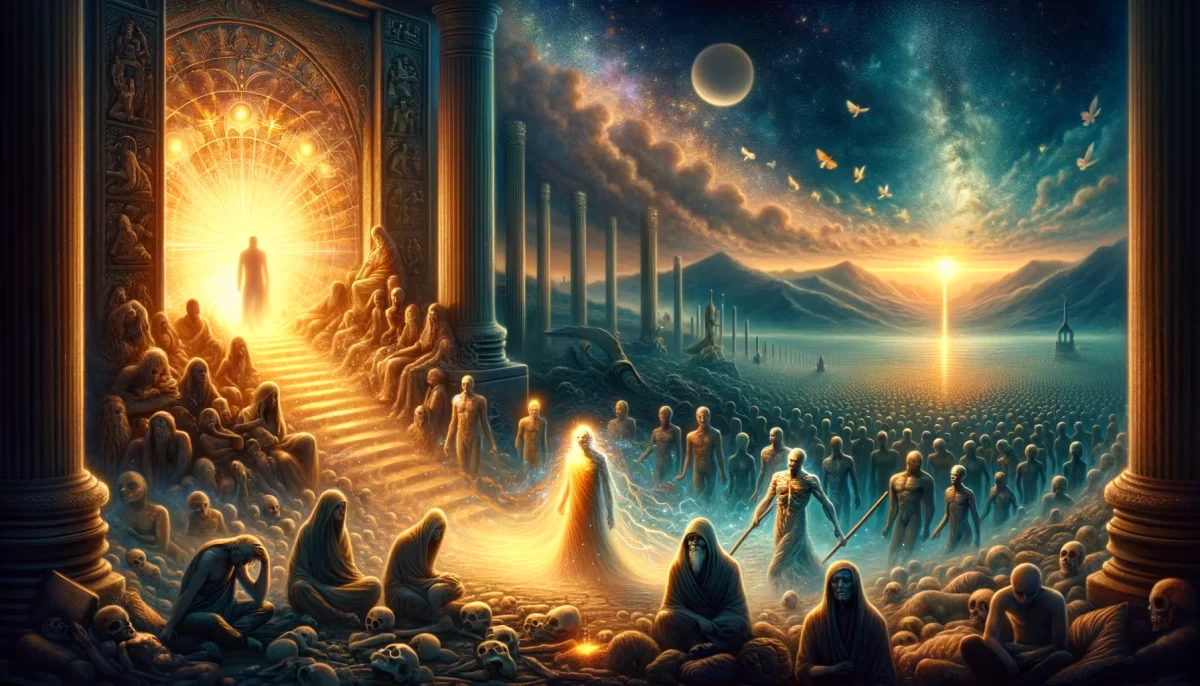



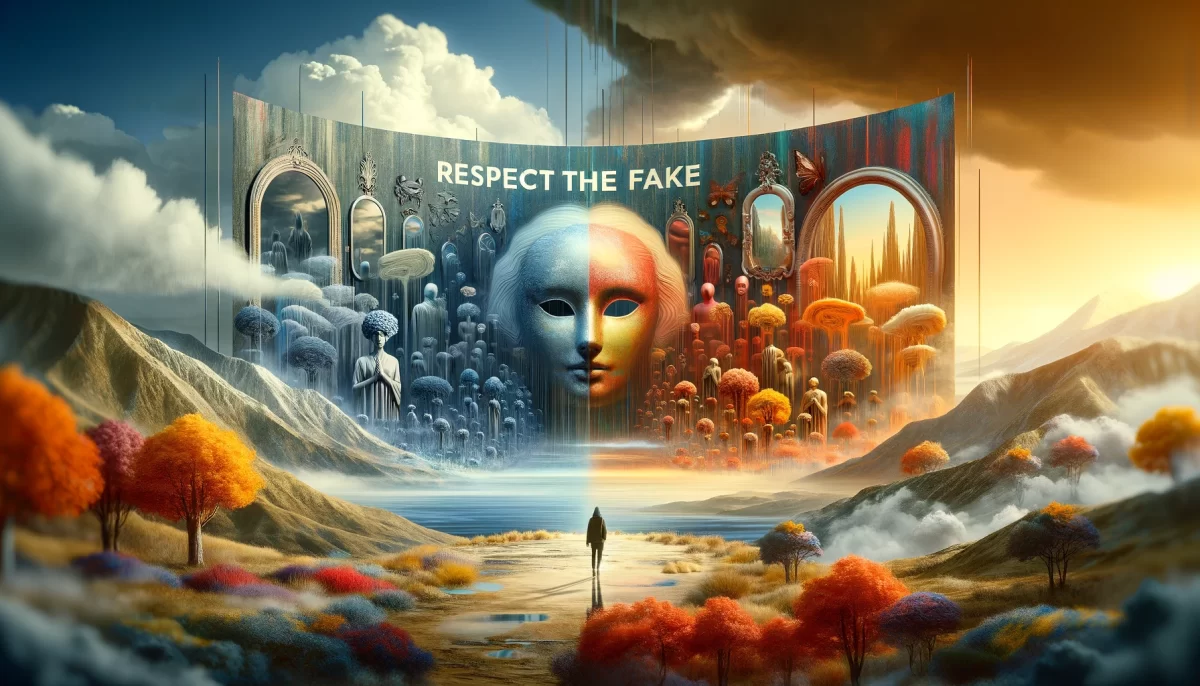




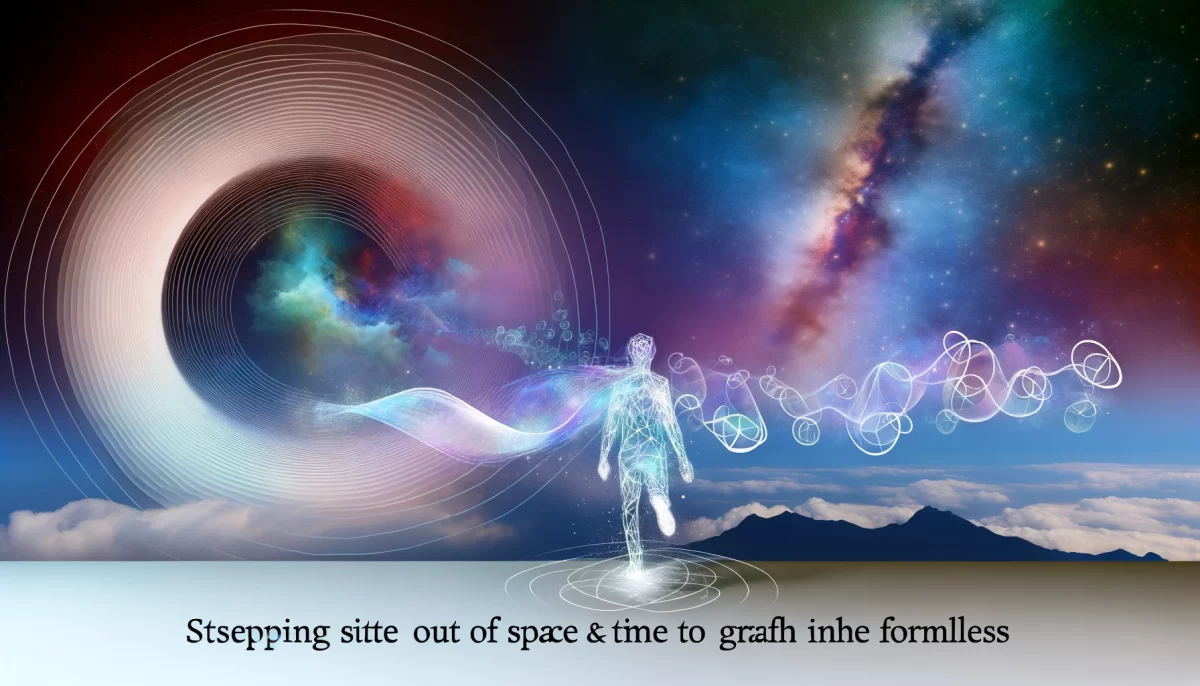

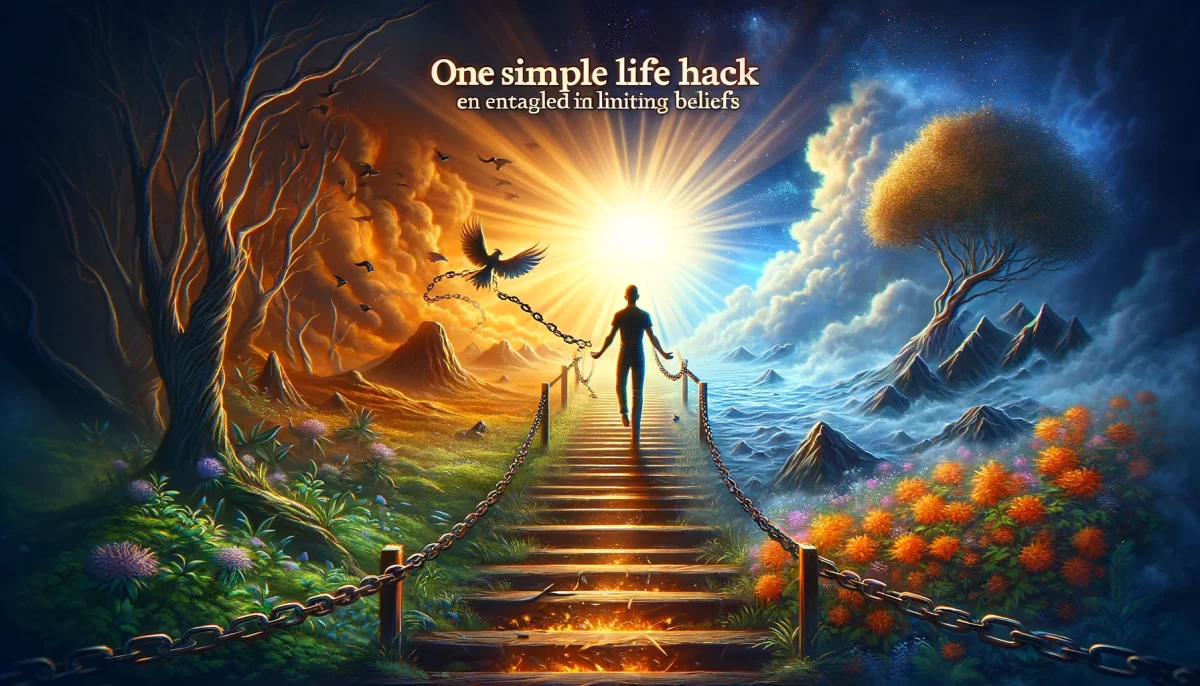
Leave a Reply